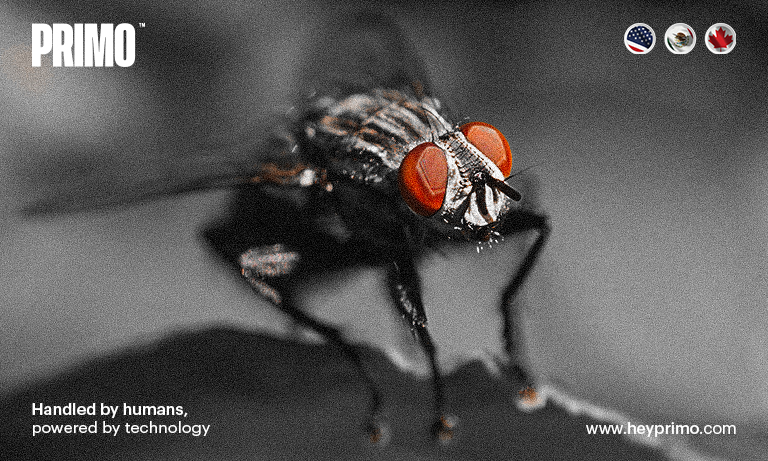
Washington, D.C. – July 14, 2025 – The U.S. Department of Agriculture (USDA) has once again shut down its southern border to livestock imports following the discovery that the New World screwworm, a flesh-eating parasitic fly, has spread significantly farther north in Mexico than previously identified. USDA Secretary Brooke L. Rollins announced the immediate closure after the parasite was detected approximately 370 miles south of the U.S. border—well north of the existing sterile fly barrier designed to contain the infestation.
The screwworm is notorious for its larvae burrowing into live tissue, inflicting severe harm and sometimes death in livestock. Concerned that even a single infestation could devastate the U.S. beef and bison industries, the USDA suspended imports of cattle, bison, and equine from affected Mexican regions. This new case emerged despite a phased reopening plan set to begin July 7, 2025, resulting in the abrupt reversal of that plan Reuters+7usda.gov+7DRGNews+7.
Secretary Rollins emphasized the decision was based on rigorous risk assessment and cross-border surveillance: “We must push the screwworm barrier further south before resuming trade,” she stated, adding that the phased reopening timeline—from July 7 to September 15 at five ports—has been indefinitely postponed dtnpf.com+2usda.gov+2DRGNews+2.
The National Cattlemen’s Beef Association applauded the precautionary move, highlighting the importance of protecting U.S. herds and the broader food supply TT News+3dtnpf.com+3DRGNews+3. The USDA continues to collaborate with Mexican authorities to intensify sterile-fly dispersal programs and monitor eradication efforts. A new sterile fly production facility is under construction in South Texas to serve as a domestic contingency if U.S. outbreaks occur TT News+5usda.gov+5dtnpf.com+5.
Impact on Logistics & Trade
Despite the temporary disruptions, the USDA affirms that livestock currently held at ports will undergo standard APHIS inspections and treatment before entry usda.gov+4usda.gov+4DRGNews+4usda.gov+1avma.org+1.